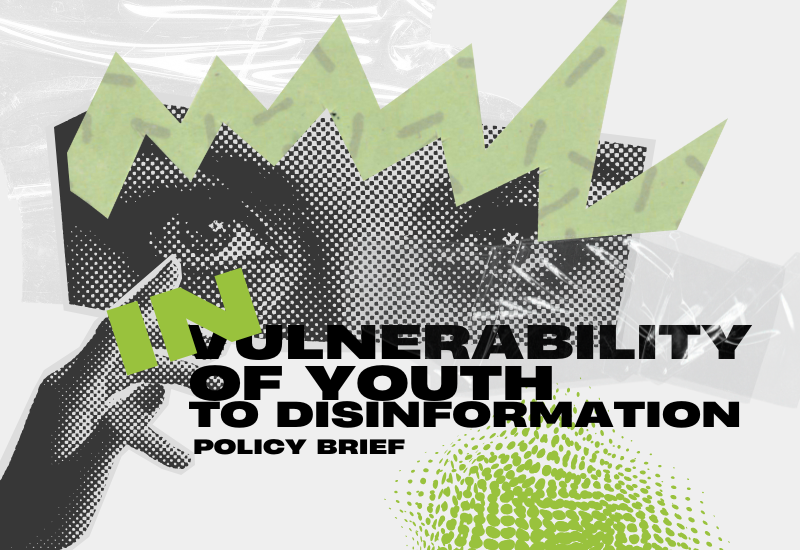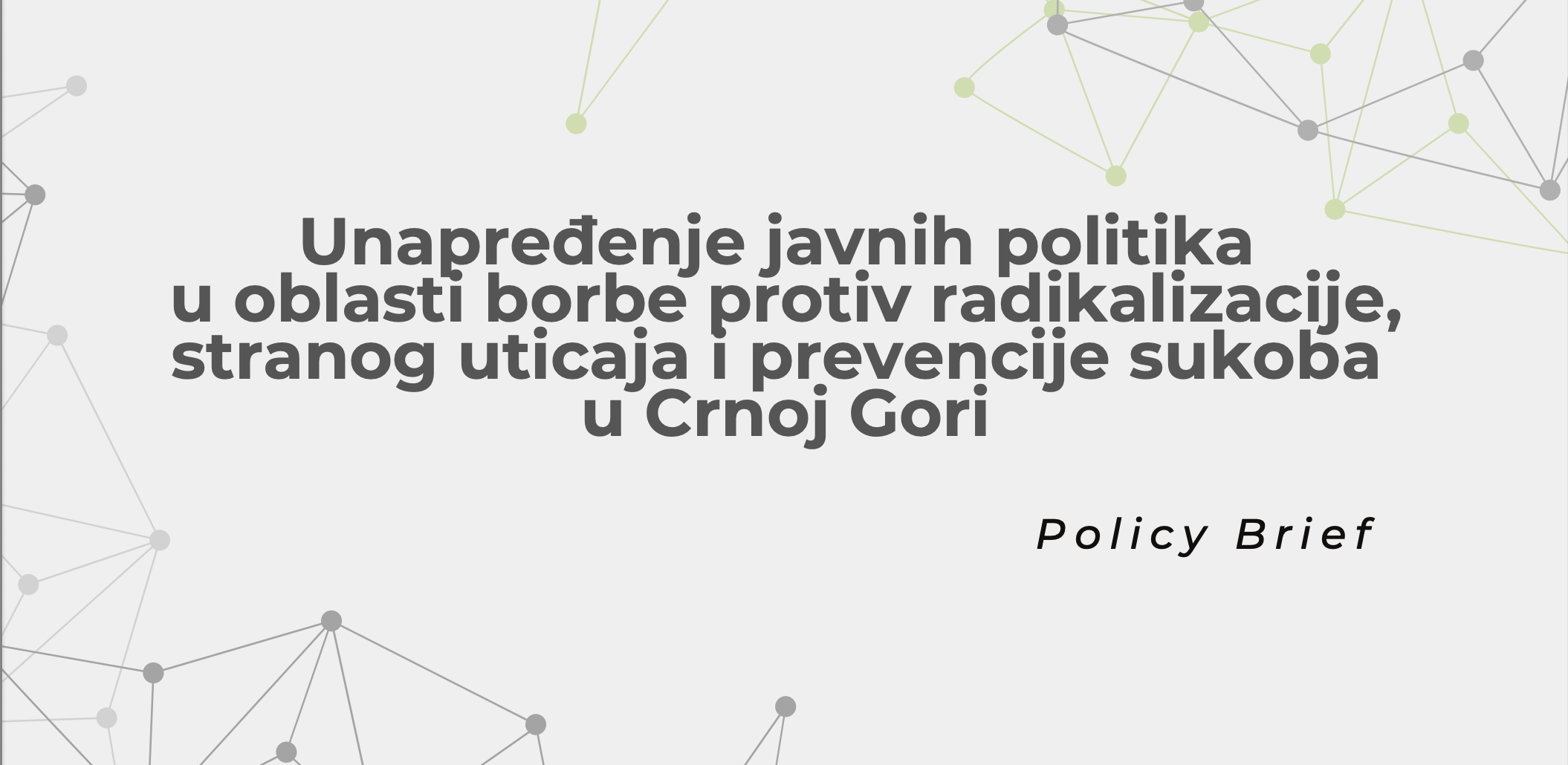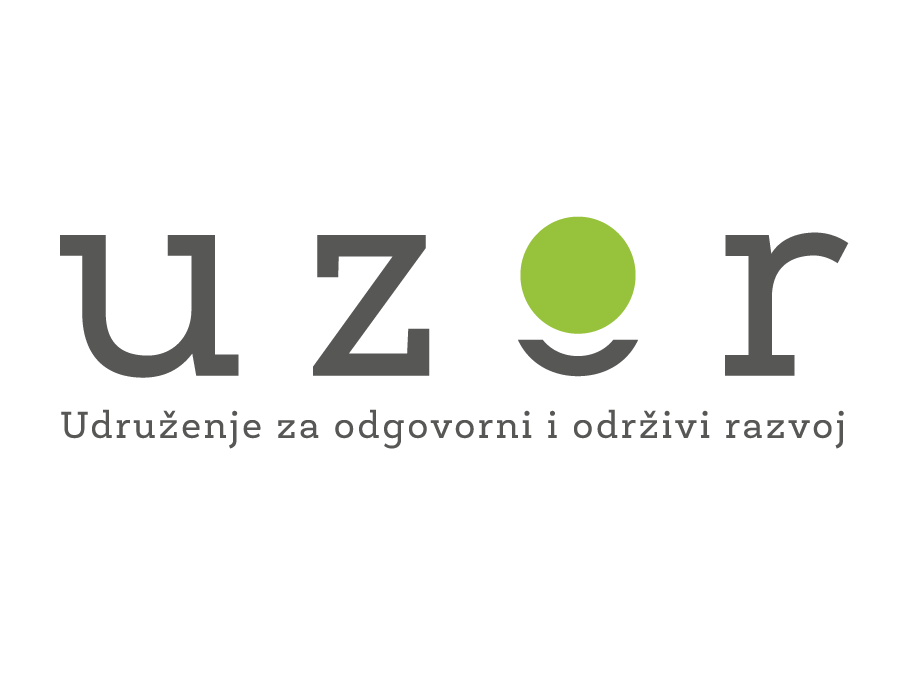The Committee for Comprehensive Electoral Reform Must Focus More on Regulating the Rights of Observers in the Electoral Process. The parliamentary and presidential elections of 2023 once again highlighted the shortcomings of the electoral legislation, particularly in the areas related to election observation. It became clear that there is a need for a different or more detailed regulation of certain issues in this field. Throughout recent electoral cycles, a number of issues regarding the procedures for the accreditation of domestic and foreign observers were raised. This publication, titled “Observer Rights in the Electoral Process,” analyzes the issues that need to be more thoroughly regulated during changes to electoral legislation, offering concrete recommendations as a contribution to the electoral law reform by UZOR.
The central issue and specificity of the mentioned electoral processes concern the scope of rights for observers in the electoral process. This was particularly relevant to the newly emerging situation where, according to the opinion of the relevant state institutions, observers do not have the right to access voter support signatures or the procedure for their verification. In this regard, the existing legal formulation allowing NGOs to monitor the “course of the election” is vague and needs to define the meaning of “course of the election” in terms of specifying the rights and duties of observers in the electoral law, with particular attention to fulfilling international standards regarding election observation and providing observers with “the broadest possible participation in the observation of the electoral process.”
Regarding the procedural aspect of gaining observer status, the normative framework needs to be improved by defining the process of submitting applications for election observation and considering the regulation of the obligation for the State Election Commission to create an application form to simplify the accreditation process. Additionally, it is necessary to prescribe the obligation to submit the statute or relevant documents of the organization interested in monitoring the elections in order to assess the fulfillment of conditions. In case of missing documentation, it is important to provide the opportunity for the organization to supplement the documentation within a reasonable timeframe so they can correct any deficiencies or complete the application, which is currently not possible under the existing legal framework.
In order to create an inclusive electoral process and ensure uninterrupted election observation functions, which are one of the primary mechanisms for evaluating the legality of the electoral process as a whole, and for fulfilling the supervisory role that observers play, it is essential to specify the reasons for revoking election observer accreditation to avoid arbitrariness. It should also be defined how the procedure is initiated and by whom, as well as to correct the alternative method for revoking accreditation or identification cards.
It is crucial to specify the procedure regarding the issuance of official election observation accreditations, especially those related to foreign observers, considering that requests are submitted through the ministry responsible for foreign affairs. Furthermore, when it comes to foreign observers, the terminology and legislative techniques need to align with provisions relating to the wording that the European Union can monitor the course of the election, specifying that it concerns representatives of organizations. At the same time, it is necessary to rephrase the provision under which foreign observers can monitor the work of other state bodies, clarifying that this applies to bodies with jurisdiction in the electoral process or whose work can impact the rights and obligations of the interested parties and voters.
Lastly, the current legislative framework does not stipulate any specific conditions that an individual delegated by an organization must fulfill. In this regard, it is necessary to define the status of minors in terms of specifying actions during the electoral process that are suitable for their age and development, in line with the best interests of the child, as per ratified instruments related to this area.
This publication was created within the framework of the project “Contribution to the EU Integration Process,” implemented by the Center for Democratic Transition (CDT) in cooperation with the Association for Responsible and Sustainable Development (UZOR). This project is funded with contributions from the Ministry of Foreign Affairs and International Cooperation of the Republic of Italy. The content of this document represents the views of its authors and does not reflect the views of the Ministry of Foreign Affairs and International Cooperation of Italy.





